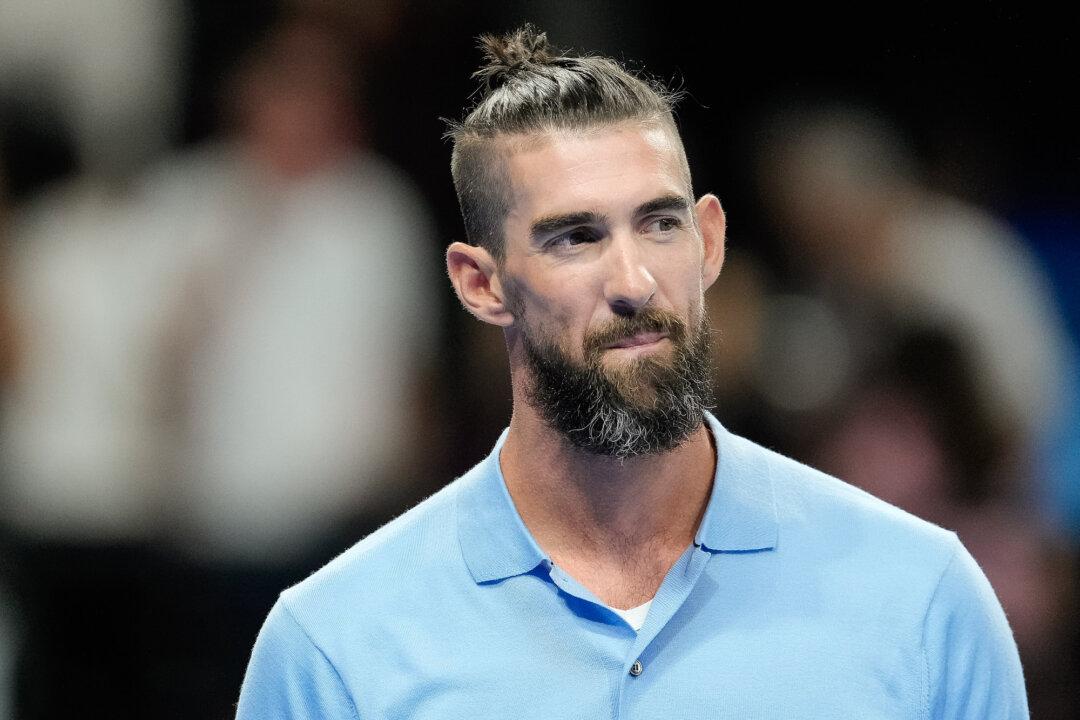Swimming legend Michael Phelps has renewed his advocacy for tougher punishments against doping, calling for a permanent ban for swimmers who test positive for banned substances.
“If you test positive, you should never be allowed to come back and compete again, cut and dry,” the 23-time Olympics champion said Tuesday during a Paris press conference organized by his longtime sponsor Omega. “I believe one and done.”





